The numbers don’t lie – especially not when the sceintists made more than 350,000 coin tosses.
Others are reading now
The numbers don’t lie – especially not when the sceintists made more than 350,000 coin tosses.
Rethinking the Coin Toss
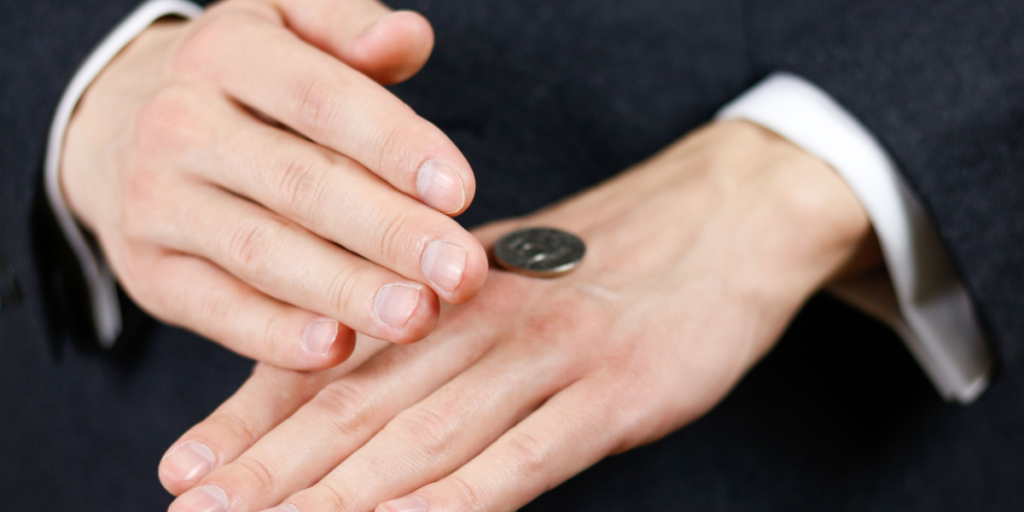
For decades, flipping a coin has symbolized perfect randomness—a fair, 50/50 chance between heads and tails.
But research suggests that this age-old belief might not be as foolproof as we thought.
A Closer Look at the Starting Position
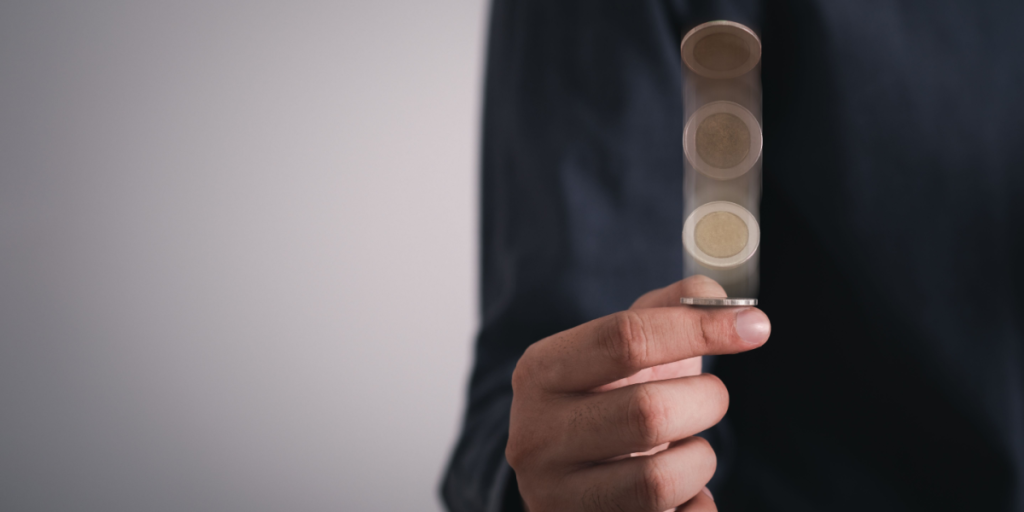
A team of researchers meticulously analyzed an astonishing 350,757 coin flips to investigate whether chance truly governs the outcome.
Their findings are challenging long-held assumptions about this seemingly simple act.
Also read
The Diaconis Model
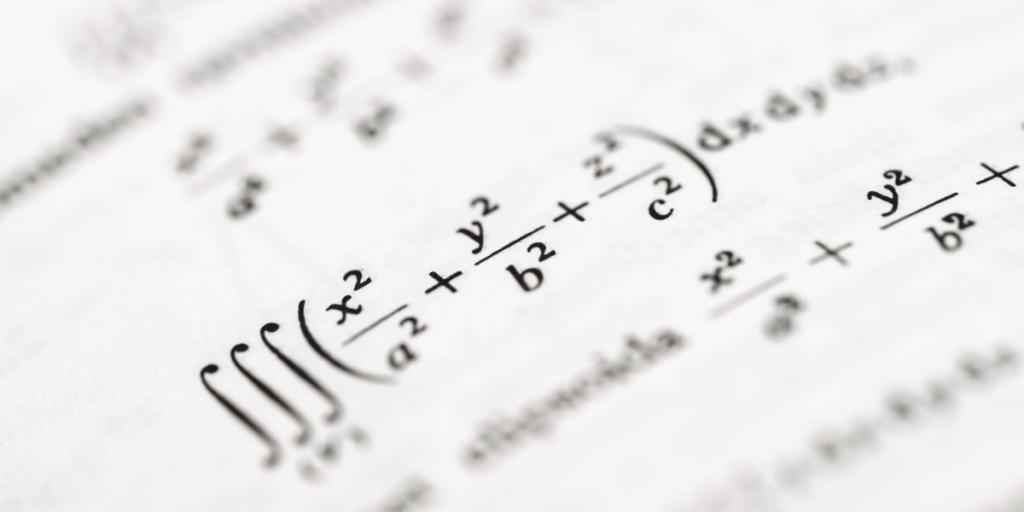
American mathematician Persi Diaconis and his team have developed a groundbreaking model that reveals subtle biases in coin flipping.
According to their theory, a small wobble introduced during the flip can sway the results.
Precession Favors the Starting Side
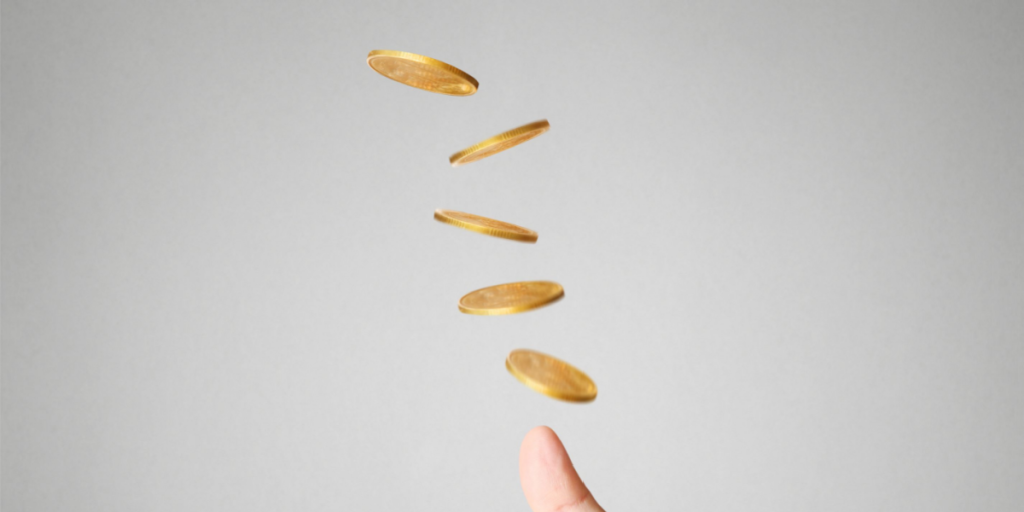
Diaconis explains that during a flip, the coin spends slightly more time in the air with the side it started on facing up.
This phenomenon, known as precession, results in a greater likelihood the coin lands showing that same side—something scientists are now calling “same-side bias.”
The Numbers Don’t Lie
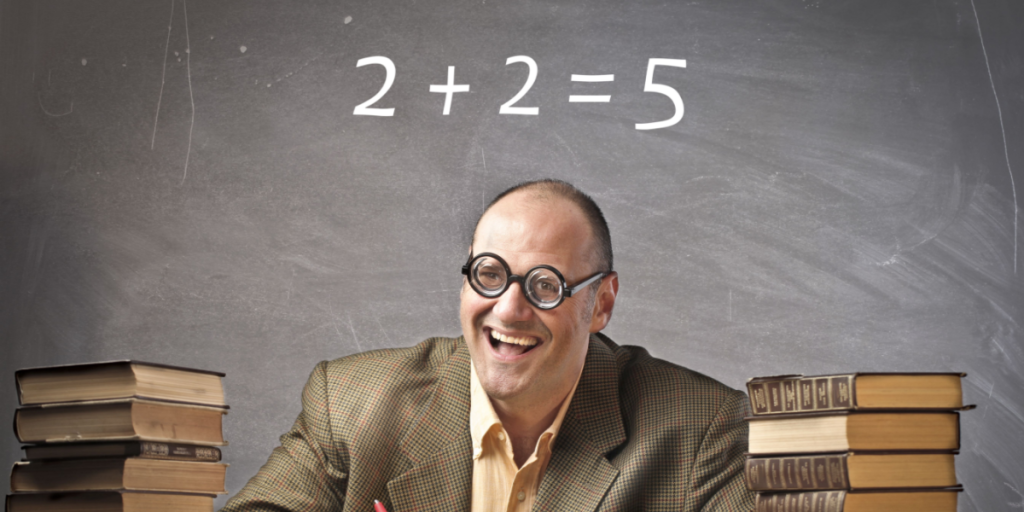
In controlled tests, Diaconis and his team discovered that coins land on the same side they started from about 51% of the time.
Also read
In a broader experiment involving 48 people flipping coins from 46 different currencies, the effect held steady—same-side outcomes occurred 50.8% of the time.
A Small Bias With Big Implications
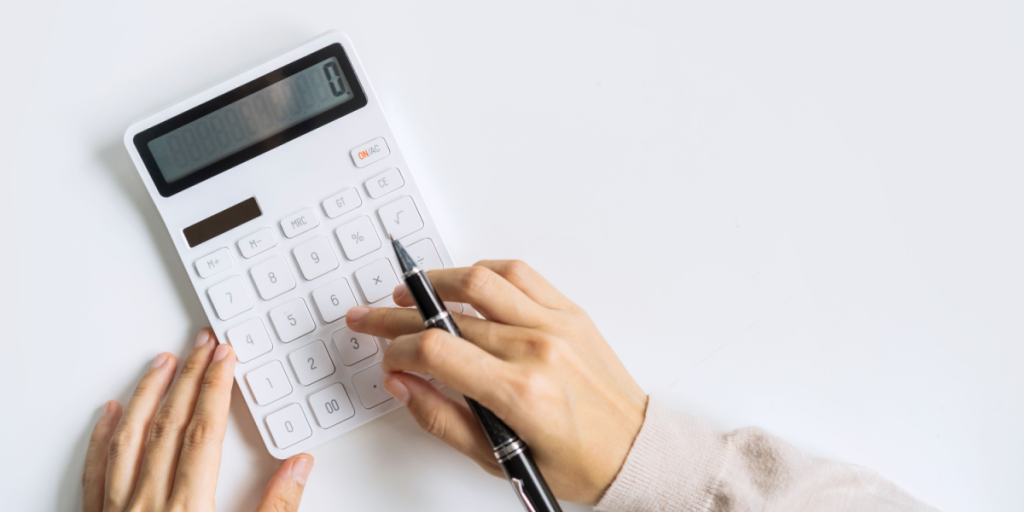
While a 1.8% edge might seem trivial, it adds up.
If you were to engage in 1,000 coin tosses and knew the starting position each time, that small bias could give you a significant advantage—especially in games, bets, or decision-making scenarios.
Here’s the trick to keep it fair

To preserve fairness in coin tosses, the researchers recommend a simple fix: conceal the coin’s starting side.
By doing so, the process becomes more genuinely random and better suited for resolving disputes or making decisions.
Also read
Why this matters

This revelation challenges the fundamental trust we place in everyday randomness.
It reminds us that even the simplest systems can have hidden mechanics—and that truly fair outcomes often require more care than we realize.


